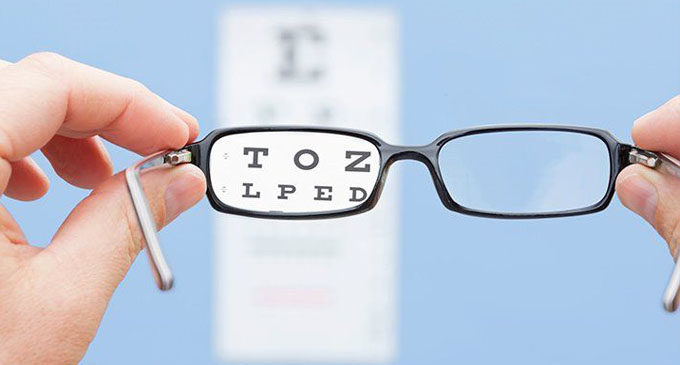Commentary: Glaucoma: the ‘sneak thief of vision’

By Judie Holcomb-Pack
I have always taken my good health for granted. I rarely get colds, have excellent blood pressure, and only needed glasses for driving. In 2014, I was looking forward to retiring from my full-time job and enjoying a healthy life of leisure.
So it was a surprise when my eye doctor, during my annual exam, detected a change in the pressure in my eyes and referred me to an ophthalmologist. I had not noticed any particular change in my vision, except that I had begun to use “readers” when I read the newspaper. I approached the upcoming eye appointment with skepticism. I was healthy, I could see just fine, I couldn’t possibly have an eye problem.
The diagnosis of glaucoma was totally unexpected. Glaucoma has been called “the sneak thief of vision,” because in the early stages there are no symptoms. It is diagnosed through eye tests that reveal high eye pressure that if untreated, can lead to blindness. Because I had been going to the same eye doctor for several years, he was able to detect a change in the pressure in my eyes and refer me to an ophthalmologist to confirm his suspicion.
I was fortunate because my ophthalmologist, Dr. James D. Branch, has been doing research into eye diseases for over 40 years and has been conducting clinical trials in diseases of the eye. I was able to enroll in a trial for a cutting-edge treatment for glaucoma, participating for nearly two years in a research project that offers hope for a new glaucoma treatment. I continue regular eye exams and use daily eye drops. The damage has been done and cannot be undone, but by keeping the pressure under control, I will maintain my vision.
Glaucoma cannot be prevented, but early detection and treatment can delay progression of the disease. African Americans, Hispanics, diabetics, and those with a family history of glaucoma are at a higher risk for developing glaucoma. However, everyone over the age of 60 is at risk! Over three million Americans have glaucoma, but over half do not know it; it is the leading cause of blindness.
Clinical trials have increased the sophistication of eye drops and surgeries. Some eye surgeries are now being performed in a doctor’s office that once required hospital stays.
I am fortunate that I have Medicare and supplemental insurance that pays for my eye exams and the several eye drops I use daily. Without insurance, the cost of the eye drops alone with be extremely expensive. Some pharmaceutical companies offer discounts for people who can’t afford the full cost.
Don’t let this sneak thief steal your vision. Protect your eyes by getting an exam every year.
What better time than January, National Glaucoma Month, to schedule an eye exam with your eye specialist.
Judie Holcomb-Pack is The Chronicle’s associate editor.









